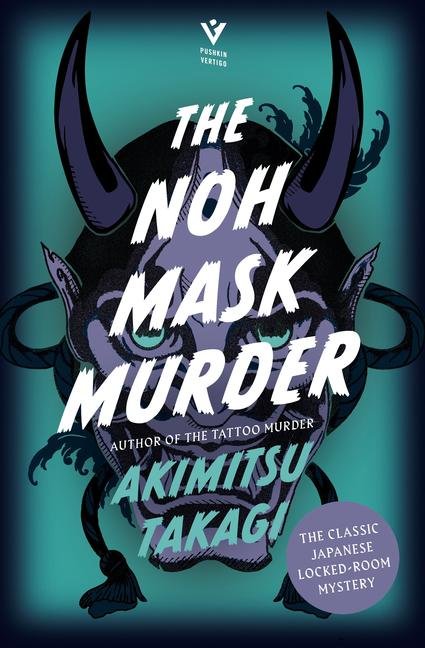nerd teacher [books] quoted The Stolen Year by Anya Kamenetz
While always recognized as costly, school closures weren’t as widespread or disruptive in earlier decades as they were likely to be in 2020. In 1918 and in the 1940s, enrollment overall was much lower. High school graduation rates didn’t cross 50 percent in this country until the end of the Second World War. Fewer women were working and thus reliant on school for childcare.
— The Stolen Year by Anya Kamenetz (5%)
There's a major problem with this quote, and it's that you can splice it into pieces almost immediately, here's some contextualisation that breaks her argument (this paragraph and more) very fast:
-
Compulsory schooling in the United States was relatively brand new. The first state to introduce it was Massachusetts in 1852, with the last state introducing it being Mississippi in 1917 (admittedly, I don't know how chronologically organise places turned into states or made into territories after 1917; for example, Hawai'i has a pretty old public school system that was set up under King Kamehameha III in 1840, but I'm pretty sure it was wildly altered after the overthrow of the Hawai'ian government in the 1890s).
-
Despite compulsory schooling being done, it was hard to monitor whether or not kids attended. Birth certificates actually made this kind of surveillance much easier, and those weren't even really uniformly used in the …
There's a major problem with this quote, and it's that you can splice it into pieces almost immediately, here's some contextualisation that breaks her argument (this paragraph and more) very fast:
-
Compulsory schooling in the United States was relatively brand new. The first state to introduce it was Massachusetts in 1852, with the last state introducing it being Mississippi in 1917 (admittedly, I don't know how chronologically organise places turned into states or made into territories after 1917; for example, Hawai'i has a pretty old public school system that was set up under King Kamehameha III in 1840, but I'm pretty sure it was wildly altered after the overthrow of the Hawai'ian government in the 1890s).
-
Despite compulsory schooling being done, it was hard to monitor whether or not kids attended. Birth certificates actually made this kind of surveillance much easier, and those weren't even really uniformly used in the US until the 1930s. (Some of us have grandparents who didn't have birth certificates because they weren't in wide usage.) As a result, it was easier for families to keep children home despite the mandates of compulsory schooling.
-
Child labour laws weren't really introduced until 1938 (FSLA), and they weren't really fully enforced until 1950s (if they are at all). Again, a lot of us have grandparents who didn't complete the compulsory schooling of the time because they left early to go work in factories so they could help support their families.
-
Compulsory schooling was much shorter in the 1940s than is today. Unless you wanted to go to university, you were done at 15. It's like that'd impact student enrolment.
... And gee, I wonder why fewer (WHITE) women were working prior to WWII.














